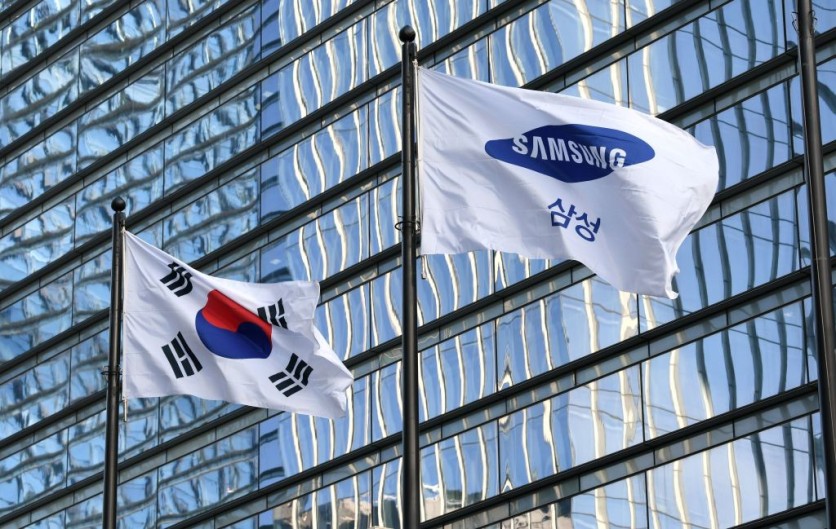The semiconductor trade between China and South Korea is under pressure as Washington seeks to isolate Beijing from global tech supply chains, as reported by the South China Morning Post.

The problem with this is that Korea's chip giants will also be affected if it pushes through. Seoul has yet to join the Chip 4 alliance led by Washington with Tokyo and Taipei to undermine China's role in chip supply chains. Additionally, Korea has not yet followed Japan and the Netherlands in the restriction of exports of chip-making technology to China.
Still, Korea and China's once solid chip trade seems to be cracking under pressure. If the US imposes actions on Korean companies, it will be hard to go against them because all chip makers use US core technology, including South Korea.
The drive for chip self-sufficiency in China has reduced imports of some Korean products that contribute to Korea's trade deficit. For the first time in 18 years, China's imports of integrated circuits declined in 2022, which had them on a 15.3 percent slump. On the other hand, Korea's total exports rose 6.1 percent in 2022.
Difficulties to Expand Production
Despite the growth, some Korean chip makers, such as Samsung Electronics and SK Hynix, are struggling to expand their production in China because Washington has cut China's access to advanced chip manufacturing equipment.
This leads Seoul with no choice but to align its chip trade and investment policies with Washington. Following tightening export controls on advanced chip design and manufacturing technologies to China in October 2022, Korean chip makers had to apply for a one-year grace period to keep importing necessary equipment for their existing facilities in mainland China.
Also, the Netherlands and Japan have agreed with the US to restrict exports of certain equipment to China, such as some Deep UltraViolet (DUV) lithography systems made by ASML. This is necessary to make chips at the 5-nanometer node.
The recent chip issue has affected Samsung and SK Hynix due to weak consumer demand. To address this, the Korean government has announced a number of measures to support the chip industry. These measures include but are not limited to providing tax relief and financial assistance to chip makers, supporting the development of new chip production technologies, and increasing investment in research and development for chips.
The government is also looking to strengthen collaboration with international partners to ensure that Korean chip makers have access to the latest technologies and equipment. This includes close cooperation with US authorities to ensure that Korean chip makers can continue to access the necessary equipment and technologies.
Finally, the government is encouraging Korean chip makers to diversify their production base and expand production outside China. This would help Korean chip makers reduce their reliance on China and ensure that their output is not affected by the US-China trade tensions.
Related article : US, China Tech War: Huawei Reports Flat 2022 Revenue Amidst US Sanctions

ⓒ 2025 TECHTIMES.com All rights reserved. Do not reproduce without permission.




